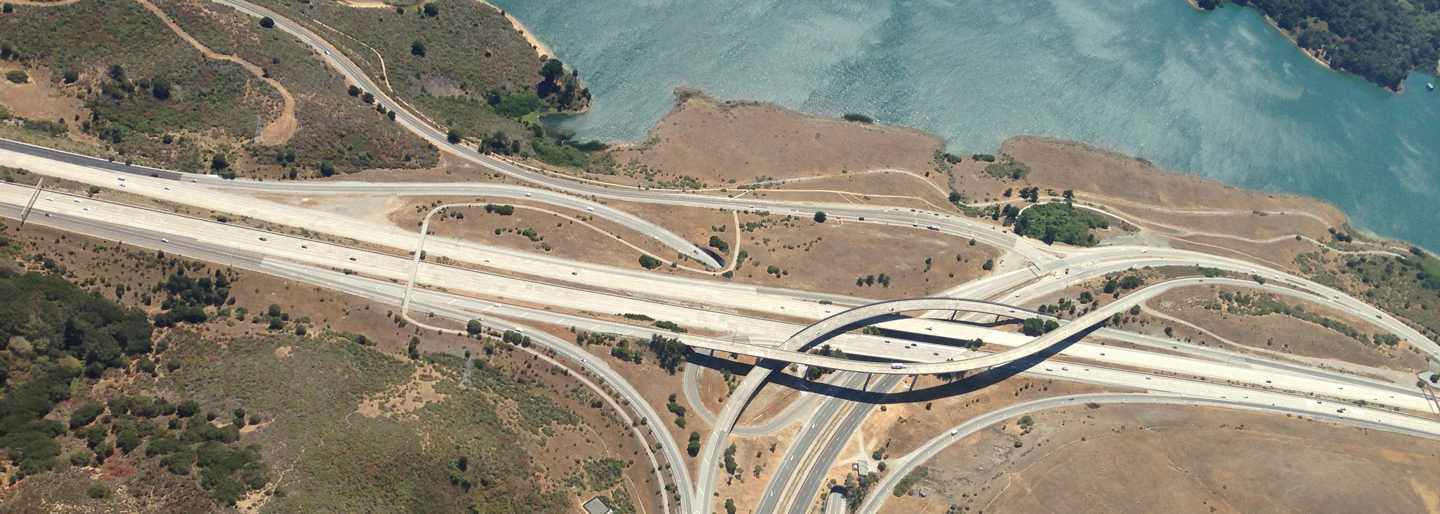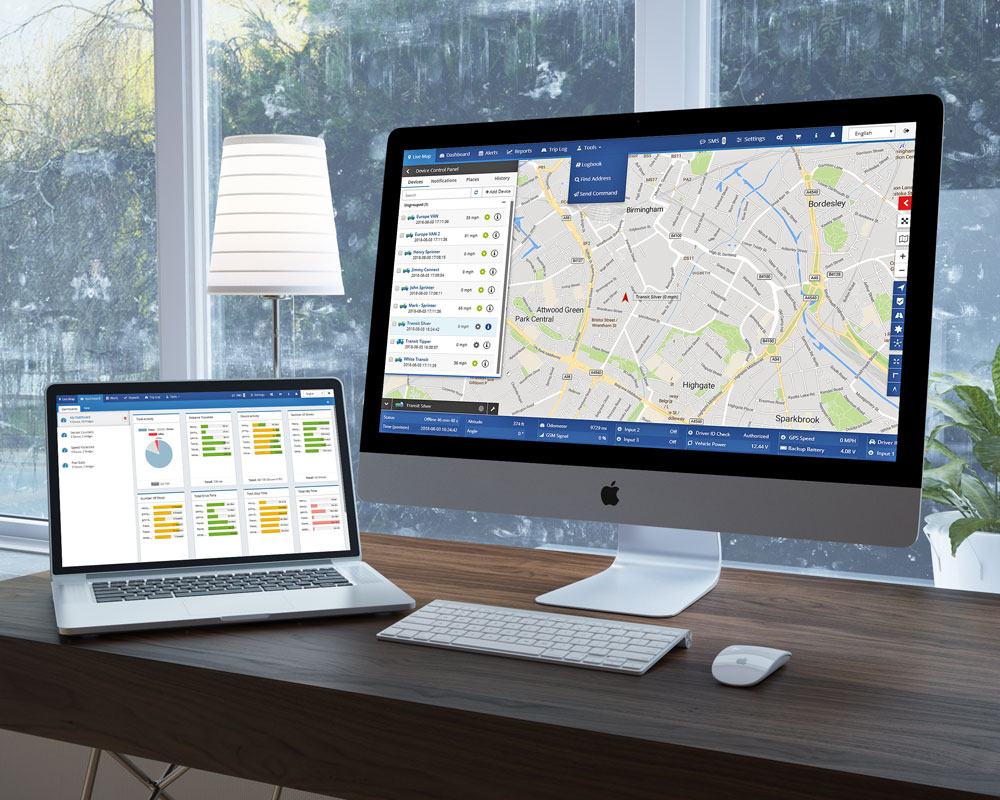GPS technology has advanced leaps and bounds over the last few decades; as well as keeping track of vehicles and assets in real-time, advanced trackin
GPS technology has advanced leaps and bounds over the last few decades; as well as keeping track of vehicles and assets in real-time, advanced tracking systems can now provide detailed information on factors such as the speed and direction of travel, how much fuel a vehicle is using, when it will need refuelling, and the temperature and condition of assets and cargo. Geolocation and telematics data are essential for managing and tracking a fleet of vehicles, especially when you deal with overseas shipments or manage a utility company – the job is vastly simpler when you know where all your vehicles are and what condition they are in at all times.
![]()
For companies that work in remote areas, a tailor-made satellite tracking system offers distinct advantages over regular GPS trackers. They provide ideal solutions for companies in need of worldwide coverage and keep working even in areas with no GSM network. These small devices are perfectly suited for long-distance deliveries and fleet operations and have surprisingly longer standby times than ordinary GPS tracking devices. Satellite tracking devices can redefine how you manage your business operations; let’s take a look at some of the most useful features and how satellite trackers can help your enterprise overcome its daily challenges.
Ideal for Long Range Operations
Satellite tracking devices offer an incredible battery life. Run-of-the-mill tracking devices usually have a maximum standby time of a few months, but satellite trackers are designed to last years without ever needing to recharge or change the batteries. For example, solar satellite tracking devices can last for up to 10 years on a single charge when regularly exposed to sunlight. This type of longevity is a lifesaver for long-term transport and logistics operations, and significantly reduces the cost of maintaining the tracking device. By having your vehicles and assets fitted with satellite tracking devices, you can plan their movements without having to take the tracker’s battery life into consideration. Even if a truck is scheduled to travel thousands of miles, it can be safely monitored for extended periods of time with a satellite tracker onboard.

Stay Connected Off the Grid
Obscure mountainous regions, tree-covered trails, and areas surrounded by concrete buildings often lack a stable GPS connection. This can prevent a GPS tracker from determining its precise position or from transmitting data back to the cloud-based tracking servers. Should one of your vehicles venture too far off the grid, standard GPS tracking devices might lose connection, leading to countless potential problems. A lack of information can hinder fleet operations and delay deliveries, which can be a nightmare when they are halfway around the world. Without location and status updates, vehicles could steer off course causing endless delays. Or even worse – sudden changes in the condition of cargo could go unnoticed to the point that it’s unusable upon arrival. A satellite tracking device will keep sending information even from the middle of an ocean. This prevents unfortunate situations from turning into a disaster. Even when your vehicles or assets go off the grid, with a satellite tracker on board, you’ll still be able to locate them and check their condition, so you can rest in peace knowing that your shipments will arrive safely and hopefully on time.
No GSM Dependency
Satellite tracking devices have the unique ability to function seamlessly without a mobile service or WiFi connection. Ordinary vehicle tracking devices require cell towers or Wi-Fi networks to transfer the data they collect. If they are outside the range of GSM towers or there is no Wi-Fi network available, they simply stop broadcasting their location or transmitting telematics data. This can trigger a series of problems, as it is impossible to make any decisions regarding a fleet without access to actionable data. By connecting to a stable backup network, satellite trackers keep sending information even when there’s no GSM coverage nearby.

Global Coverage
Universal connectivity is essential for any business transporting goods via ground, air or sea. Long-distance transportation operations often require your vehicles and assets to travel across rural areas as well as through regions that aren’t covered by GPS satellites. However, satellite tracking devices use private networks in addition to GNSS satellite networks, which enables them to maintain their connection almost anywhere in the world. Global coverage is an invaluable feature for business owners and fleet managers, as it allows them to stay informed about the location and condition of their vehicles and assets, no matter where they are. From rural areas to oceans, there are numerous different terrains that can prevent a tracking device from picking up signals. Satellite tracking devices are engineered to stay connected to their network regardless of their location and the obstructions that may disrupt signals. This makes them ideal for businesses that use remote delivery routes or make overseas shipments.

Information is the key to running a seamless logistics operation. As of January 2018, there were more than 50,000 cargo ships worldwide transporting millions of containers every day. Without a tracking device that can stay connected outside the GPS orbital routes and GSM coverage areas, it is virtually impossible to keep track of these containers once they leave the port. A satellite tracking device will provide location updates even in remote locations and stay online for years on a single charge. Having access to actionable information improves the decision-making process and grants you total control over your vehicles and assets, wherever they are in the world. Satellite asset tracking devices are viable for all types of vehicles and assets; if you are managing assets or vehicles around the globe, satellite-based tracking solutions can enhance the functional capabilities of your operations and maintain information flow between your tracking devices, your logistics team, and your customers.


















































































































COMMENTS